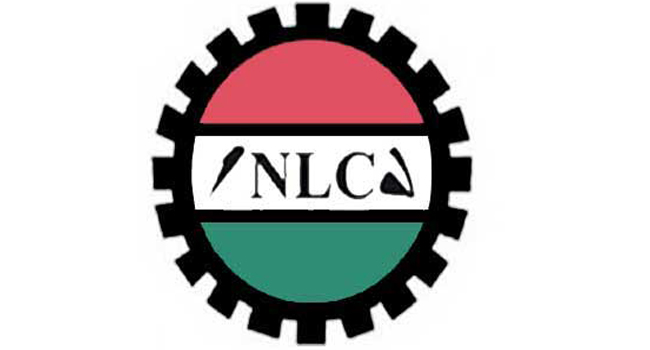Minimum Wage: Labour Ignoring Talks, Strike Won’t Fix Issues-MAN
The Manufacturers Association of Nigeria (MAN) Director General, Segun Ajayi-Kadir, has urged organised labour to reevaluate its decision to go on a national strike on June 3rd due to the tripartite committee’s failure to reach an agreement on a new minimum wage.
At a joint news conference in Abuja on Friday, Trade Union Congress (TUC) President Festus Osifo and NLC leadership declared the strike.
The organised labour had withdrew from the talks and turned down two offers from the Federal Government, the most recent one being N60,000. The minimal wage, they believe, should be N497,000.
According to Ajayi-Kadir, a member of the tripartite committee representing the organised private sector, he does not think that the workforce walking out of talks and going on strike will make things better.
“We cannot afford to cripple the economy when all we needed to do was keep building it,” Ajayi-Kadir said on Saturday.
“Of course, for the time we are in, the government must exhibit leadership, sensitivity, sense of purpose, and sense of mind.
We must thus take into account government spending, choices about appropriate course of action, budgetary allotments, and the costs of running a government.
“We need to be able to engage, walk out of the process, and declare a strike. I think Labour’s true worry is that they seem to bear the brunt of the issue. It won’t, in my opinion, resolve this problem.”
The MAN DG regretted that workers chose to announce a national strike instead of accepting the N60,000 offer from the government and the organised private sector.
According to him, the labour decision will deal a severe blow to the private sector if it is permitted to proceed, particularly to manufacturers who are already struggling with inadequate conditions in the macroeconomic setting.
“What we are saying is that it will have a ripple effect on our production process and on labour itself if we are unable to produce even with all the challenges we have.”
“It is doubtful if we will be able to pay even the offer that the private sector and the government have agreed on if we down tools and are unable to produce,” the speaker stated.
We have to make sure the talks go on until we come to an agreement, says Ajayi-Kadir.
He said he does not think the government does not care, but it does need to show concern and make sure that all parties are at the negotiating table in order to come to a solution that benefits everybody.
Nigerian living expenses have risen to unprecedented levels, which has sparked demands for a new minimum wage after gasoline subsidies were eliminated and the naira was allowed to float.
After the announcement, labour leaders unveiled a number of policies to lessen the effects of the subsidy reduction, such as a new minimum wage and additional forms of travel.
Later, to bargain for a new minimum wage, the government formed a tripartite committee of labour leaders, government representatives, and the organised private sector.
The union leaders recently launched a strike action since the committee was unable to come to an agreement after multiple meetings.
Regarding the new action of the TUC and NLC, the Federal Government has not yet responded.




